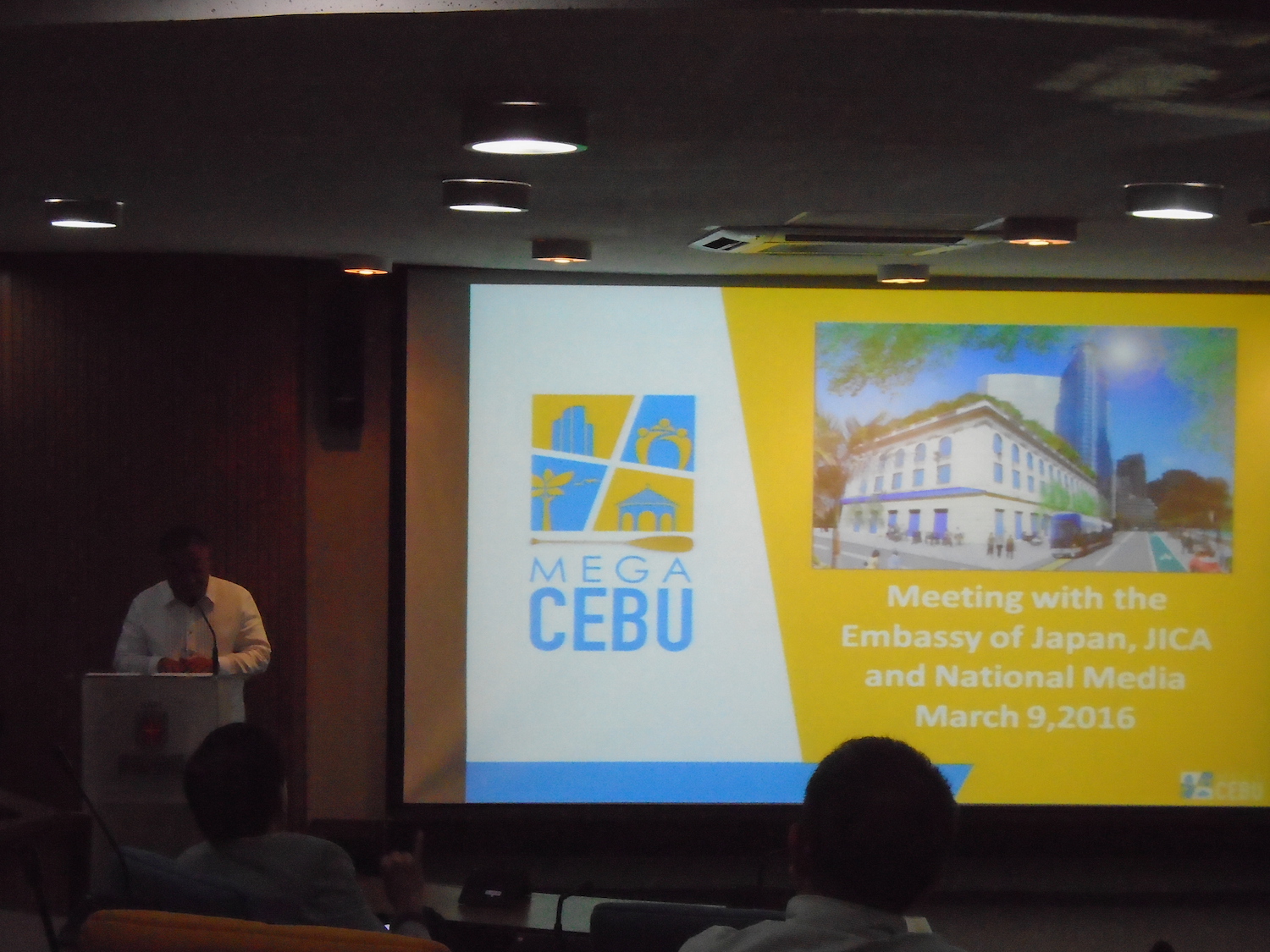Mega Cebu is a project of Cebu, its 13 cities and municipalities, that “Envisions a Wholesome, Advanced, Vibrant, Equitable, Sustainable (W.A.V.E.S.) Cebu in 2050.”
Rafael Yap, Cebu Bus Rapid Transit project head, has confirmed that the construction for road developments will commence by the 3rd or 4th quarter of this year. The optimistic date of completion is set on the 4th quarter of 2018.

The bill proposing to create the Mega Cebu Development Authority (MCDA) already has a sponsor in the senate, Sen. Teofisto “TG” Guingona II. Engr. Fortunato Sanchez Jr. revealed that he has talked with the senator 2-3 years ago, and that he’s confirmed to sponsor the Senate version of the bill.
This project is being spearheaded by the Metro Cebu Development and Coordinating Board (MCDCB) which was formed in 2011. The board is led by the Cebu Provincial Government (Governor), with the LGU (Mayor) and the private sectors/civil society as co-chairs, and the National Economic and Development Authority as the secretariat. Ramon Aboitiz Foundation Inc. (RAFI) anchors its Research, Program and Organizational Development (RPOD).
MCDCB partners with Japan International Cooperation Agency (JICA) in the formulation of a sustainable urban development in Metro Cebu. They also partnered with Yokohama City in Japan, and set it as the model for the competitiveness, mobility, livability and metropolitan management strategies.
The 7 sub-roadmaps that will be worked on for developments are the metropolitan competitiveness, urban structure and land use, urban transport and highway network, water supply and disposal management, solid waste management, smart SRP (South Road Properties) development and Metropolitan Governance.
The Mega Cebu project is guaranteed to be from the consensus of the people, not of the government or any powers. The realization of this project will bolster the economy of Cebu with the promise of attracting more investors in the region.
“We’re eager, we’re tenacious, and we would pursue these dreams together with our different partners,” said Roberto E. Aboitiz, co-chair of MCDCB from RAFI.









